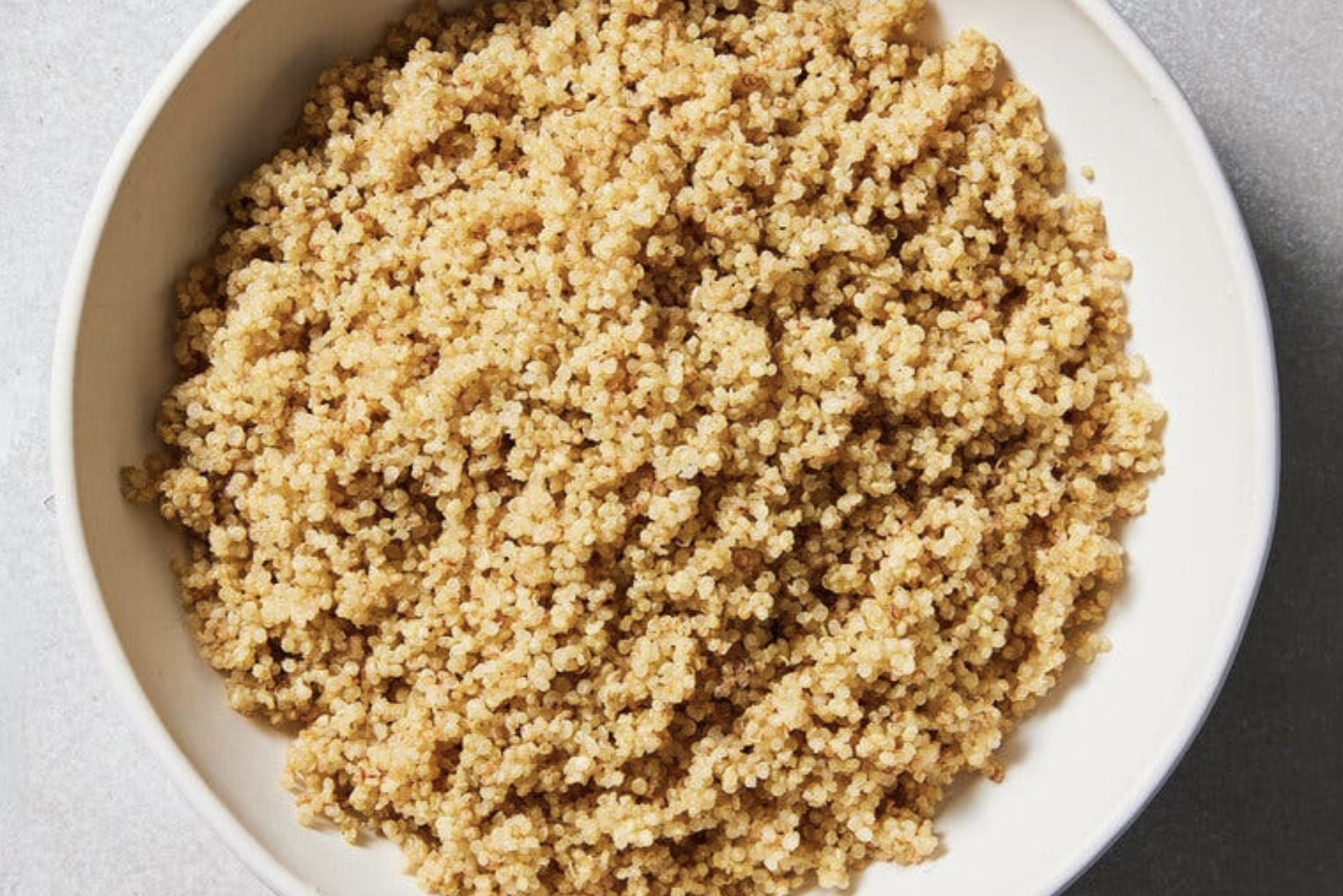Health Benefits of Quinoa
What are the health benefits of quinoa?
Quinoa is a nutritious grain-like seed that offers several health benefits when consumed as part of a balanced diet:
- Rich in Nutrients: Quinoa is a good source of protein, fiber, and several vitamins and minerals, including magnesium, phosphorus, and iron. It is also gluten-free, making it a suitable grain alternative for people with gluten intolerance or celiac disease.
- High in Protein: Quinoa is one of the few plant-based foods that is considered a complete protein, meaning it contains all nine essential amino acids that the body cannot produce on its own. This makes it an excellent protein source for vegetarians and vegans.
- Rich in Antioxidants: Quinoa contains antioxidants, such as quercetin and kaempferol, which help protect cells from damage caused by free radicals and may reduce the risk of chronic diseases.
- Heart Health: The fiber, protein, and antioxidants in quinoa can help support heart health by lowering cholesterol levels, reducing blood pressure, and decreasing the risk of heart disease.
- Digestive Health: The fiber in quinoa can help promote healthy digestion and prevent constipation.
- Weight Management: Quinoa is low in calories but high in protein and fiber, which can help you feel full and satisfied, making it a great choice for weight management.
- Blood Sugar Control: Quinoa has a low glycemic index, which means it causes a slower rise in blood sugar levels. This can be beneficial for blood sugar control, especially for people with diabetes.
- Bone Health: Quinoa is a good source of magnesium, phosphorus, and other minerals that are important for bone health and may reduce the risk of osteoporosis.
Overall, quinoa is a nutritious grain alternative that can be a healthy addition to your diet. It can be enjoyed as a side dish, in salads, soups, or as a substitute for rice or other grains in a variety of dishes.
What are the health risks of quinoa?
Quinoa is generally safe for most people when consumed as part of a balanced diet. However, there are a few potential health risks associated with quinoa:
- Saponin Content: Quinoa naturally contains saponins, which are compounds that can cause a bitter taste and may be mildly toxic in large quantities. Most quinoa sold in stores has been pre-rinsed to remove saponins, but some residual saponins may remain. Rinsing quinoa thoroughly before cooking can help reduce saponin content.
- Digestive Issues: Some people may experience digestive issues such as bloating, gas, or diarrhea from eating quinoa, especially if they are not used to consuming high-fiber foods. Gradually increasing quinoa intake and ensuring it is well-cooked can help reduce the risk of digestive discomfort.
- Allergic Reactions: While rare, some individuals may be allergic to quinoa, which can cause symptoms such as itching, hives, or swelling. Severe allergic reactions, such as anaphylaxis, are possible but uncommon.
- Oxalate Content: Quinoa contains oxalates, which can contribute to the formation of kidney stones in susceptible individuals. People with a history of kidney stones may need to moderate their intake of high-oxalate foods like quinoa.
- Caloric Content: While quinoa is nutritious, it is also calorie-dense. Consuming large portions of quinoa without considering its calorie content can contribute to weight gain.
- Heavy Metal Contamination: Some studies have found traces of heavy metals like arsenic and cadmium in quinoa, although levels are generally low. To minimize exposure, choose quinoa from reputable sources and rinse it thoroughly before cooking.
Overall, quinoa is a nutritious grain alternative that can be a healthy part of your diet. However, individuals with allergies, digestive issues, or concerns about oxalate content should consume quinoa with caution and consult with a healthcare professional if they have any concerns.




